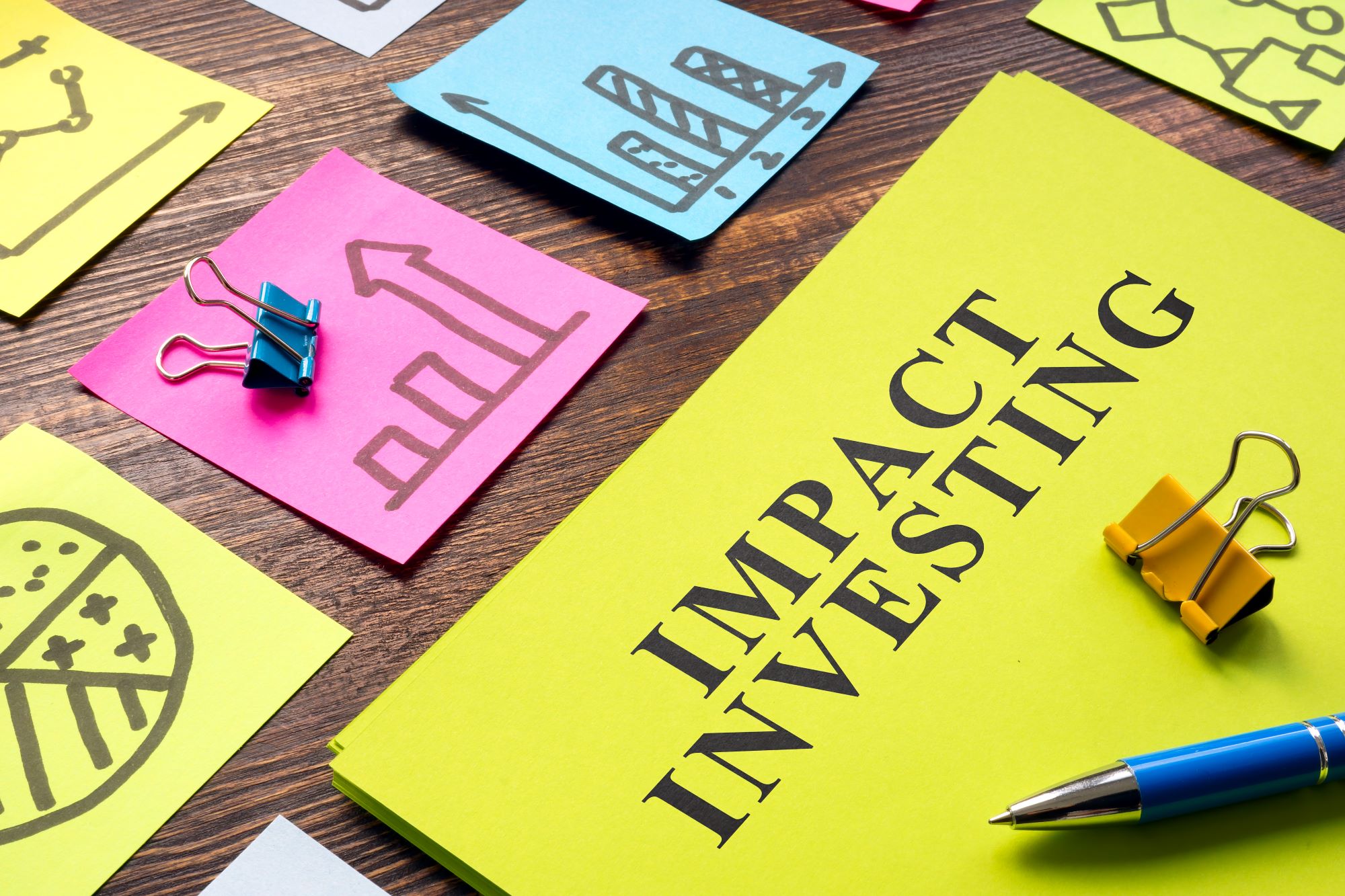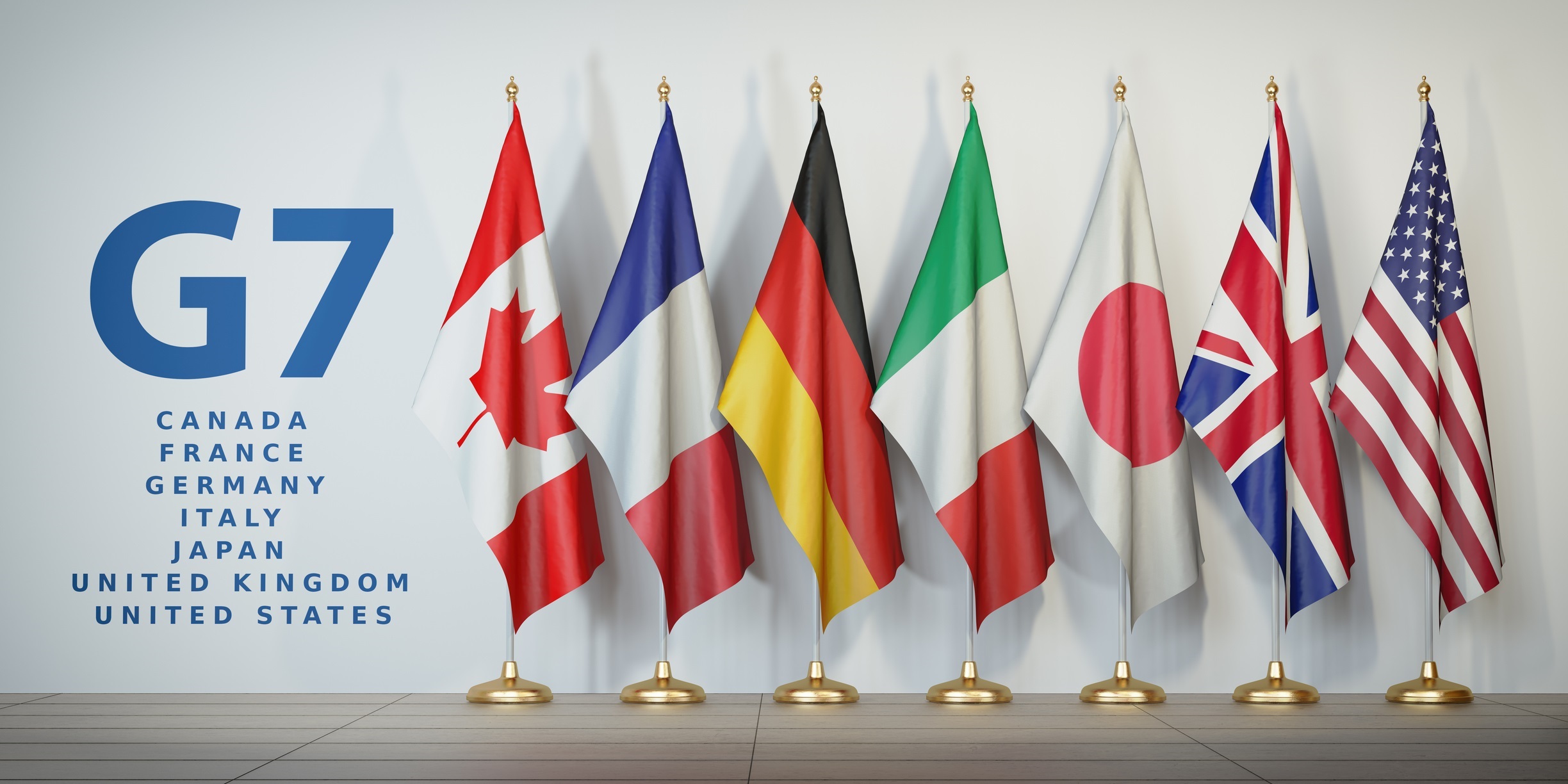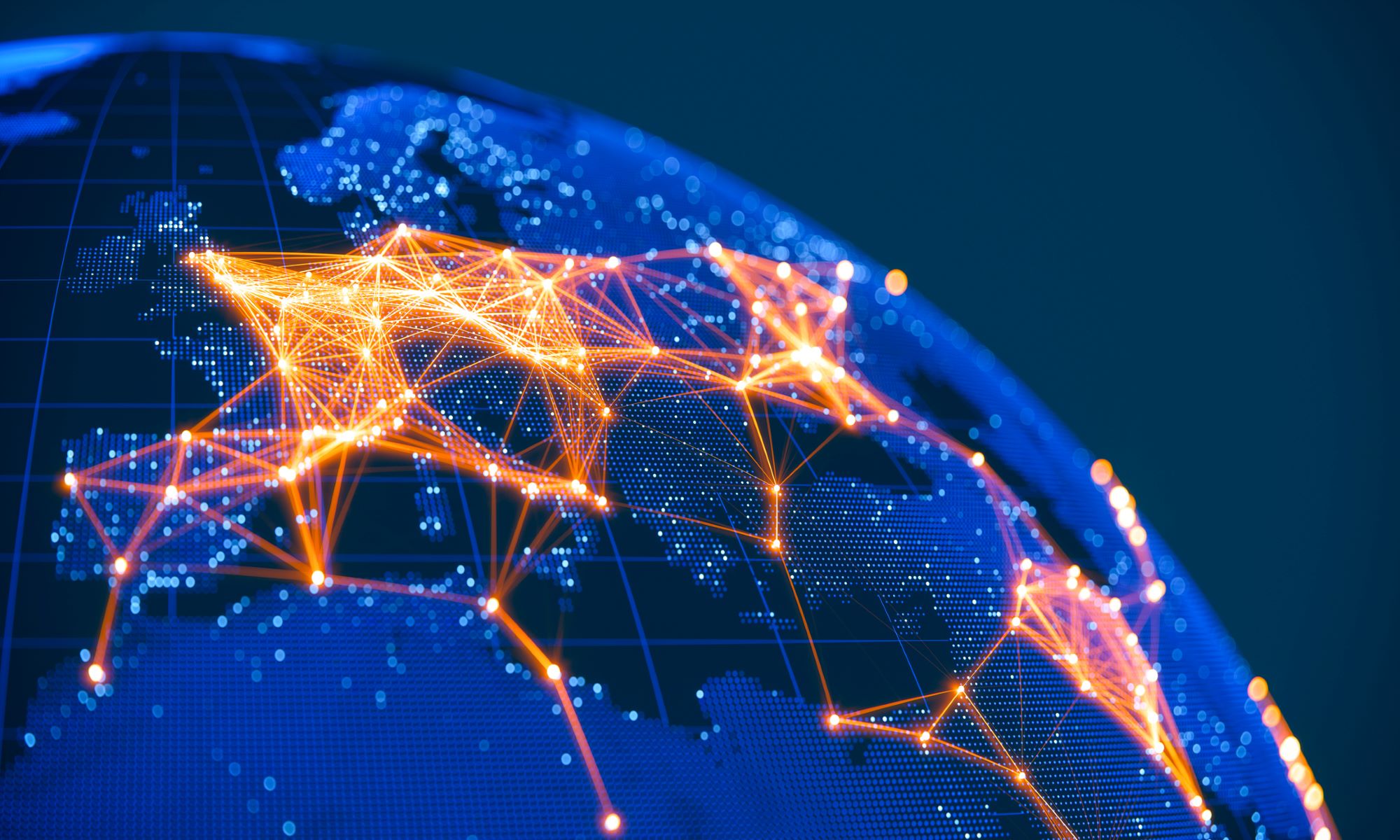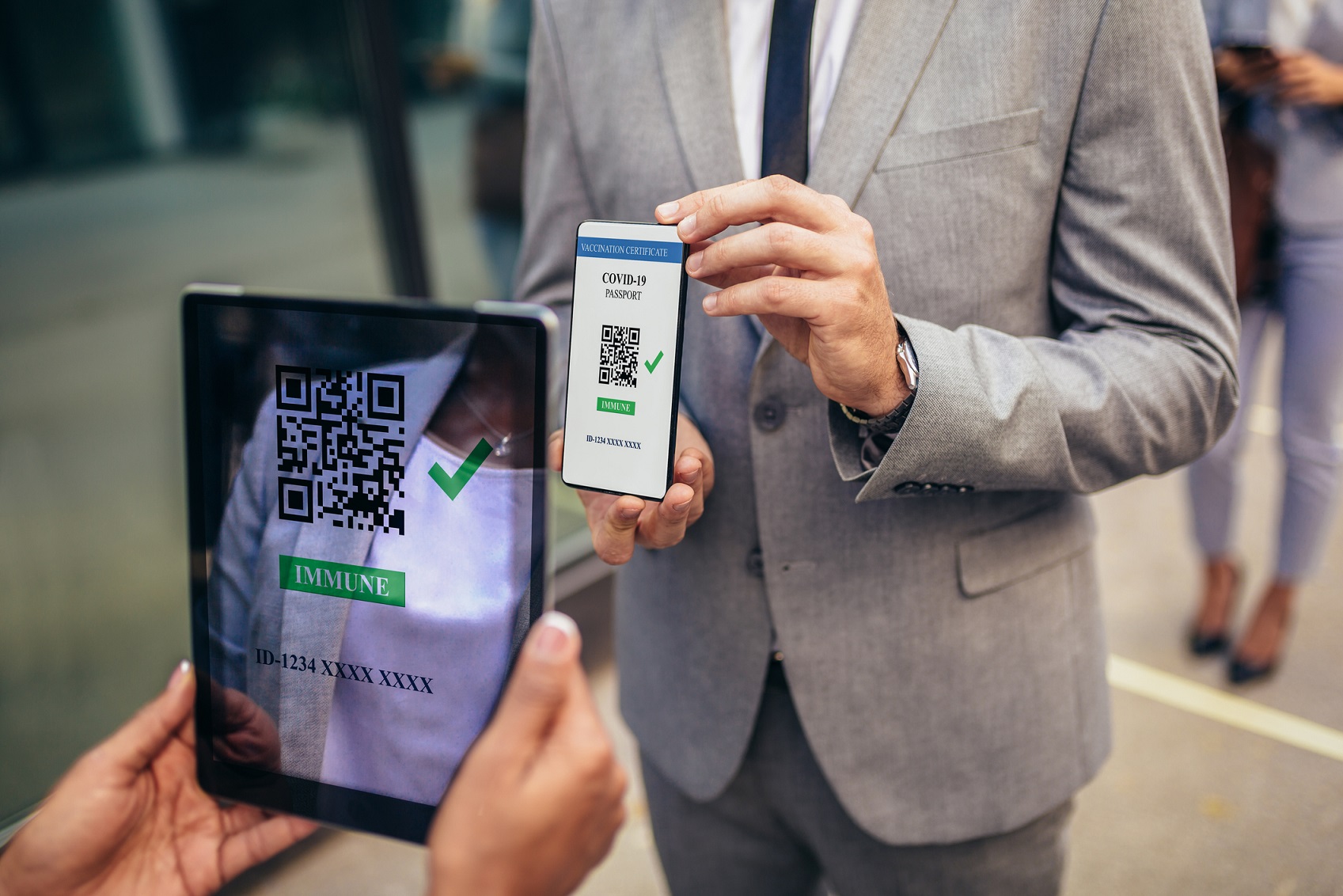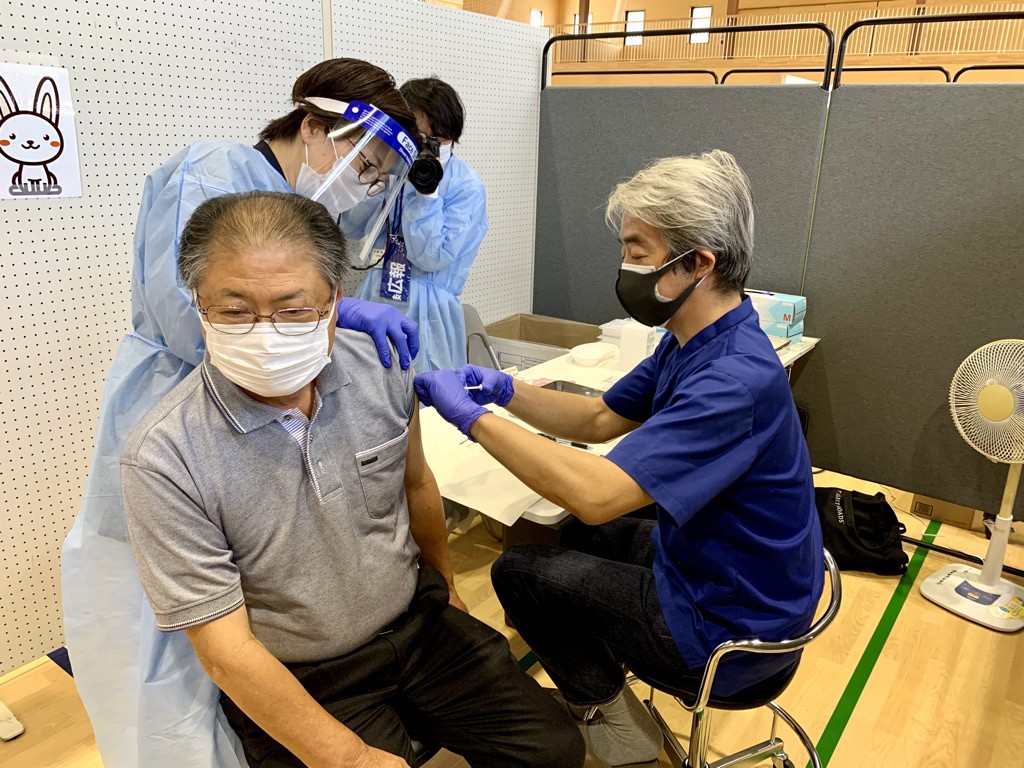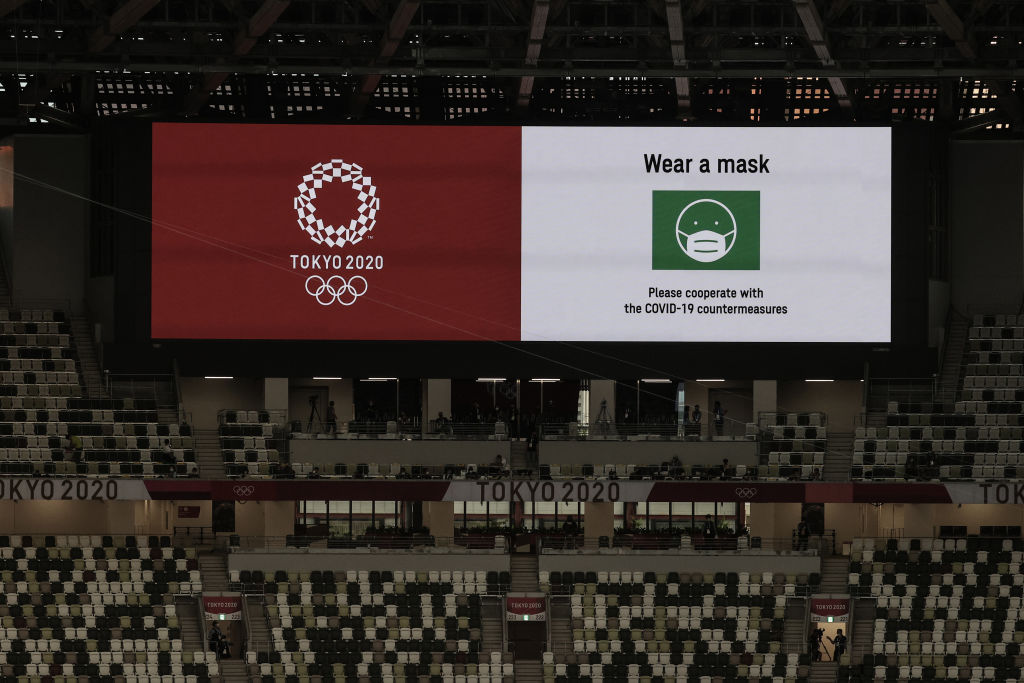
What has the 2020 Tokyo Olympic and Paralympic Games taught global health on sporting mass gatherings under COVID-19 pandemic?
January 26, 2022
O-2021-011
The following has been reprinted from Anaesthesia Critical Care & Pain Medicine, December 14, 2021. Senior Fellow Kazuki Shimizu conceptualised the article, collected, curated, and analysed the data, and drafted the initial manuscript. Elias Mossialos and Kenji Shibuya critically reviewed and revised the manuscript.
1. Introduction
The 2020 Tokyo Olympic and Paralympic Games (Tokyo 2020) were held in July-September 2021 amid the COVID-19 pandemic and with a low approval rate from the Japanese public.[1] At the beginning of the Olympics, Japan recorded 857,799 COVID-19 cases with 15,106 deaths, and around 25% citizens were fully vaccinated.[2] The surge of COVID-19 in Japan occurred during the Tokyo 2020, bringing the cumulative COVID-19 cases to 1,556,998 when the Games finished. Also, the daily COVID-19 cases recorded the highest number of 26,050 on 27 August 2021.[2] These challenged citizens’ access to testing and patients’ access to healthcare.
Conversely, as of the 8th of September 2021, a few days after the Paralympics, a total of 866 COVID-19 cases were officially reported by the Tokyo 2020 organising committee, of which athletes, game-concerned personnel, journalists, and contractors constituted 41, 201, 53 and 502, respectively,[3] and over two-thirds were reported from residents of Japan.[3] Although tens of thousands of athletes and event officials attended the Games, and despite several challenges in risk management, COVID-19 transmission within the Olympic arena and village seemed to be relatively controlled, suggesting that combination of several measures, such as regular COVID-19 screening, which was not widely available to the public in Japan, mask wearing, and higher rates of vaccination among participants, were effective.
However, it is essential to critically assess achievements and challenges of the Tokyo 2020 and share lessons for the future multi-sport, international mass gathering events. Here are summarised some of the key lessons to enhance preparedness and develop response mechanisms for the 2024 Paris Olympic and Paralympic Games.
2. Insufficient risk assessment
2.1. Poor control of COVID-19 in the host nation
Several major challenges were identified before the Games.[4][5] First, Japan, the host country, poorly controlled community transmission of COVID-19. Failures in COVID-19 containment brought its resurgence in Tokyo and entire Japan from June 2021.[2][6]
As the government and scientific advisors heavily relied on public health and social measures (PHSMs), particularly people’s self-restrictive measures, the pandemic fatigue among citizens was more common, lessening the effectiveness of the state of emergency during Tokyo 2020. In addition, along with the mobilisation of healthcare workers to support the Games, the health system outside the Olympic arena and village was overstretched, restricting citizens’ access to testing, and patients’ treatment in healthcare facilities. As a result, over 26,000 COVID-19 patients in Tokyo had to stay at home with the insufficient medical and social support.[6] Japan’s universal health coverage system that ensured easy access to healthcare at a low cost did not work as expected.
2.2. Lack of scientific assessment and accountability
A fundamental challenge was the lack of open, transparent, and scientific discussion on the conditions under which the Tokyo 2020 could be held in a safe and secure manner. The official risk assessment provided by the National Institute of Infectious Diseases was inadequate as only an optimistic scenario was argued.[7] The risk-based approach, which considers what kind of exposures occur and where and which participants are at high risk, was not considered in the official game plans (Playbooks) by the International Olympic Committee (IOC).[5] Recommendations and risk assessment provided by several Japanese scientists were not comprehensive, as the discussion was centralised on scenario projections,[8] while leaving challenges in surveillance testing and border control untouched. Moreover, while ensuring the independence of the risk assessment is critical, risk analysers voluntarily ignored the scenario of cancellation of Tokyo 2020 and tried to adhere to the governmental decision on holding the Games,[8] questioning their accountability and professionalism.
Notably, global health institutions were generally silent,[9] which was different from proactive discussions on health risk assessment of Zika virus disease ahead of the 2016 Rio de Janeiro Olympic and Paralympic Games.[10] Although WHO asks member states to seriously consider postponement or reduce mass gatherings where there is a high probability of community transmission of SARS-CoV-2,[11] the WHO Director-General officially visited Tokyo to endorse efforts for the Games,[12] while not considering the insufficient risk assessment for organising them.
3. What went well and wrong in risk mitigation?
Although a lack of rigorous risk assessment and insufficient risk classification by exposures were pointed out,[5] participants were asked to follow the mitigation measures written in IOC’s Playbooks. Also, the National Epidemiological Surveillance of Infectious Diseases was strengthened from July 2021 to enhance early detection and response.[13] While scant reports have been published on what extent participants followed guidelines on PHSMs, it was notable that over 1 million tests were conducted during the Games, and the transmission of the virus was relatively suppressed among athletes and the staff,[3] which is a sharp contrast with the worsening situation of COVID-19 outside the Games venue.[2][6] Also, it was reported that 85% of athletes, 100% of IOC officials and 70-80% of media staff had already been vaccinated as of mid-July, 2021,[14] which contributed to breaking chains of transmissions and mitigating risks among athletes and officials. Finally, the Games were generally held with no audiences, which was reasonable in the context of widespread community transmission of SARS-CoV-2.
There were, however, numerous neglected challenges for truly achieving safe and secure Olympic and Paralympic Games. First, prediction of the surge of the Delta variant in Tokyo[8] was not sufficiently reviewed, and the quarantine for international athletes and staff was not strengthened.[4] Second, while the Olympic villages and some facilities were constructed in the pre-COVID-19 era, scant investment in preventing the airborne infection of SARS-CoV-2 was made. Third, lessons learned from the successful and challenging management of previous mass gathering events during the pandemic,[15][16][17] were poorly reflected. Contrary to the effective management of the National Basketball Association and National Football League competitions in the U.S. in 2020,[15] the so-called “bubble” system, which creates groups of people who follow protective measures at certain levels, traps the spread of virus inside, and prevents its transmission to outside, was reported to be broken down,[18] questioning the organiser’s managerial capacity of the events. While how to improve participant compliance to the rules and enhance the effectiveness of the bubbling method should be investigated, raising preparedness for a surge capacity in outbreaks was not seriously considered. This was different from the proactive approach to intensively investigate COVID-19 data in Scotland after the 2020 European football championship.[16][17] Furthermore, transparency of surveillance and genomic sequencing data inside the Games was not ensured, questioning the accountability of organisers.
4. Inadequate risk communication
Due to the poor understanding of the long-term trajectory of the pandemic, declaration of another state of emergency in Tokyo during Tokyo 2020 was needed. This conveyed a contradictory and mixed message to the public and made it difficult to convince citizens to follow PHSMs. A lack of transparency on the information about SARS-CoV-2 and variants has become evident,[19] questioning the government’s attitude on concealing information. The promise by Prime Minister Suga to protect the people’s lives and livelihoods was not respected. The Games, which were expected to embody a global unity in overcoming COVID-19, have brought confusion among citizens in the host nation.
5. Implications for Paris 2024
Considering the trajectory of the COVID-19 pandemic, it is highly likely, although with less intensity, that the pandemic will continue in 2024 when the next Summer Olympic and Paralympic Games start in Paris. While Japan might have proved that holding the Games amid the pandemic is possible, there remain major scientific, social, and political challenges. Employing the all-hazard approach that comprehensively acknowledges various hazards to health,[20] conducting scientific risk assessment, properly mitigating risks, ensuring openness and transparency for risk assessment and mitigation measures, and clearly communicating with the public will be pivotal to manage the Paris games safely. Besides, Japan’s experience clearly demonstrated that holding mass gathering events in a safe and secure manner amid the pandemic is strenuous, unless the health emergency is properly managed and controlled both within and outside the venues of Games.
Although the vaccination status was not a requirement for participation in Tokyo 2020, it is expected that the combination of vaccine passports with a negative test result for COVID-19, as well as regular screening will be warranted, along with appropriate measures such as mask wearing. These measures should not only be applied to athletes and officials but to spectators.
In summary, the following implications are extracted as key lessons learned from the Tokyo 2020.
- Olympic and Paralympic Games organisers should collaborate with public health agencies and institutions globally to conduct rigorous health risk assessment through the all-hazard approach before the Games.
- The host country should at least suppress the transmission of virus beforehand.
- Regular screening is beneficial to quickly break the chains of virus transmission.
- The surge capacity for the Games, and citizens’ access to testing and healthcare must be secured. This will facilitate proper risk communication and will promote community engagement.
- Ensuring accountability and transparency in risk analysis, data collection and their reporting are vital to promote open scientific discussions and thus assist in managing games in a safe and secure manner.
References
[1] Ipsos Global Advisor survey. Attitudes to the Tokyo 2020 Summer Olympics – a 28-country global advisor survey. https://www.ipsos.com/sites/default/files/ct/news/documents/2021-07/Ipsos-Global-Advisor-Toyko-Summer-Olympics%20report.pdf [Accessed 20 September 2021]. Google Scholar
[2] Ritchie H, Mathieu E, Rodés-Guirao L, Appel C, Giattino C, Ortiz-Ospina E, Hasell J, Macdonald B, Beltekian D, Roser M. Coronavirus Pandemic (COVID-19). https://ourworldindata.org/coronavirus [Accessed 20 September 2021]. Google Scholar
[3] Tokyo 2020. COVID-19 positive case list. https://olympics.com/tokyo-2020/en/news/covid-19-positive-case-list [Accessed 20 September 2021]. Google Scholar
[4] K. Shimizu, D. Sridhar, K. Taniguchi, K. Shibuya, Reconsider this summer’s Olympic and Paralympic games, BMJ, 373 (2021), p. n962. CrossRef View Record in Scopus Google Scholar
[5] A.K. Sparrow, L.M. Brosseau, R.J. Harrison, M.T. Osterholm,Protecting Olympic Participants from Covid-19 - The Urgent Need for a Risk-Management Approach, N Engl J Med, 385 (1) (2021), p. e2, CrossRef View Record in Scopus Google Scholar
[6] Tokyo Metropolitan Government. Updates on COVID-19 in Tokyo. https://stopcovid19.metro.tokyo.lg.jp/en [Accessed 20 September 2021]. Google Scholar
[7] National Institute of Infectious Diseases. Infectious disease risk assessment for the Tokyo Olympic and Paralympic Games (Updated version). https://www.niid.go.jp/niid/images/epi/corona/45/covid19-45-en.pdf [Accessed 20 September 2021]. Google Scholar
[8] A voluntary independent group of experts for COVID-19 response in Japan. Recommendations about COVID-19 risks related to holding the 2020 Tokyo Olympic and Paralympic Games. https://note.stopcovid19.jp/n/ne75ac804adb4 [Accessed 20 September 2021]. Google Scholar
[9] The Lancet, We need a global conversation on the 2020 Olympic Games, Lancet, 397 (10291) (2021), p. 2225. Article Download PDF View Record in Scopus Google Scholar
[10] Z.A. Memish, R. Steffen, P. White, O. Dar, E.I. Azhar, A. Sharma, A. Zumla, Mass gatherings medicine: public health issues arising from mass gathering religious and sporting events, Lancet, 393 (10185) (2019), pp. 2073-2084. Article Download PDF View Record in Scopus Google Scholar
[11] World Health Organization. WHO mass gathering COVID-19 risk assessment tool – Generic events. https://www.who.int/publications/i/item/10665-333185 [Accessed 20 September 2021]. Google Scholar
[12] World Health Organization. WHO Director-General’s keynote speech at the 138th International Olympic Committee Session. https://www.who.int/director-general/speeches/detail/who-director-general-s-keynote-speech-at-the-138th-international-olympic-committee-session [Accessed 20 September 2021]. Google Scholar
[13] National Institute of Infectious Diseases. Mass gathering events and infectious diseases (in Japanese). https://www.niid.go.jp/niid/ja/mge.html [Accessed 20 September 2021]. Google Scholar
[14] Ministry of Foreign Affairs of Japan. Courtesy call on Prime Minister Suga by Bach, the President of the International Olympic Committee (IOC). https://www.mofa.go.jp/mofaj/p_pd/ep/page6_000572.html [Accessed 20 September 2021]. Google Scholar
[15] Bender M. COVID Risks at the Tokyo Olympics Aren’t Being Managed, Experts Say. Scientific American. https://www.scientificamerican.com/article/covid-risks-at-the-tokyo-olympics-arent-being-managed-experts-say/ [Accessed 20 September 2021]. Google Scholar
[16] Public Health Scotland. COVID-19 Statistical Report as at 28 June 2021. https://publichealthscotland.scot/media/8300/21-06-30-covid19-publication_report.pdf [Accessed 20 September 2021]. Google Scholar
[17] K. Marsh, E. Griffiths, J.J. Young, C.A. Gibb, J. McMenamin, “Contributions of the EURO 2020 football championship events to a third wave of SARS-CoV-2 in Scotland, 11 June to 7 July 2021,” Euro Surveill, 26 (31) (2021), Article 2100707. View Record in Scopus Google Scholar
[18] Swift R. Athletes’ village COVID-19 isolation bubble already’ broken’ — health expert. Reuters. https://www.reuters.com/lifestyle/sports/olympic-village-covid-19-infection-bubble-already-broken-health-expert-2021-07-20/ [Accessed 20 September 2021]. Google Scholar
[19] P. Borpujari, “How the pandemic Olympics affected Japan,” BMJ, 374 (2021), p. n2102, 10.1136/bmj.n2102, View Record in Scopus Google Scholar
[20] World Health Organization. WHO’s Interdepartmental Mass Gatherings Group. Best practises for Member States hosting mass gathering events. http://www.who.int/csr/resources/publications/MassGatheringflyer_EN.pdf [Accessed 20 September 2021]. Google Scholar

